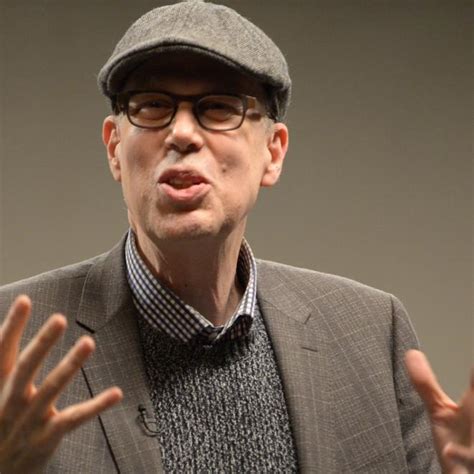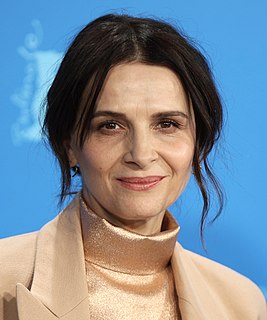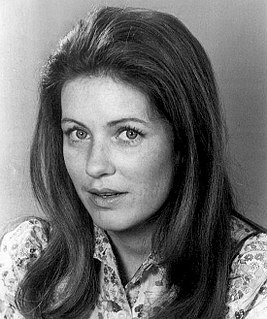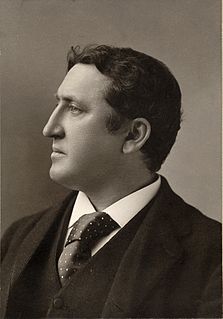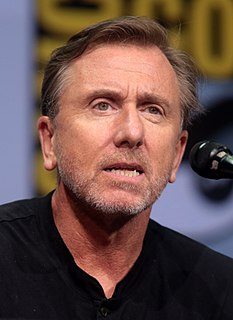A Quote by Larry Moss
A good or great performance is like peeling an onion; in every scene you reveal another layer, something the audience hasn't seen until then. They stay involved because they are constantly learning about and discovering the character they are watching. They can't take you for granted and it keeps them hooked.
Related Quotes
As I write each new Thorne novel, I'm determined that whatever is happening plot-wise, a new layer of the onion will be peeled away and reveal something about Thorne that is surprising to me as much as anyone else. If I can remain interested in the character, then hopefully the reader will stay interested, too.
The philosophical underpinnings of my approach to acting are that there are universal human qualities, and that every character is actually available within each one of us, that if we tap down into that universal humanness, we can find whatever character it is that we need to play already there within ourselves, and it's just a matter of peeling apart the onion that is you and finding that character within you, because of this universal human quality.
When something arrives, you have no idea what's in it, which is good. And then, it's is the story leaps off the page at you and how your character functions within it. There could be just one scene and if it's wonderful, it doesn't matter how much you're working on it because you just want to be in it. It's really about what your character's day to day world looks like, and if you feel like that's something that's complete, and that you'd like to inhabit for awhile. You'll know by a couple of scenes in. If the character grabs you, you run with it.
What I do is give Ennio Morricone suggestions and describe to him my characters, and then, quite often, he'll possibly write five themes for one character. And five themes for another. And then I'll take one piece of one of them and put it with a piece of another one for that character or take another theme from another character and move it into this character.... And when I have my characters finally dressed, then he composes.
The stage is that immediate rush of energy you get from the audience. Also, doing something in chronology - something that starts and finishes the same night. In television, you work toward the one scene, you shoot it, and then you have to forget about it because you have to worry about the next scene.
When you're doing comedy on stage, it's great because you have the audience there and they're like another actor in the scene. You feed off of them, laugh. But in film when everyone's quiet, it's all about timing. But the key to that is to be authentic. Be in the moment, and if you play the moment truthfully, the humor will be there.
My mind is in so many different places while we're shooting. Part of it is watching the performance, part of it is watching the camera, and part of it is thinking about the stuff that we have to get that day. It's always a pleasure watching, but you also take it for granted, when you're on the actual grind, making the show.
